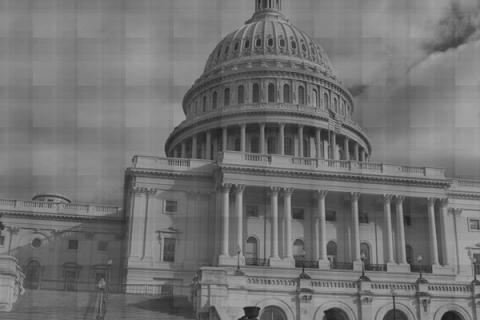On July 7 Libyans began voting for the first time in decades.
The reason for the vote is to elect a General National Council to succeed the National Transitional Council that ruled in the wake of the deposal of Moammar Gaddafi last year and subsequently write a constitution.
As of this writing, the expected winners will be the Muslim Brotherhood's Justice and Construction Party, the secular Alliance of National Forces, National Front Party, and the al-Watan party founded by veteran Afghan fighter Abdel-Hakim Belhaj. Interpretations of the elections will surely abound, but it is the Islamist parties which are expected to do best.
It will likely take some time before it is clear what kind of government will emerge in Libya, but one of the common threads throughout most reporting on the Libyan elections has been the perpetuation of regional rivalries with an emphasis on personalities.
Like Iraq, Libya is an artificial construction whose borders were drawn by imperial powers. Therefore, there isn't a clear definition of Libyan national identity in the modern Western sense. The three ancient regions of Tripolitania, Fezzan, and Cyrenaica that comprise modern Libya are rivals and their history is evident in this election. As Alison Pargeter writes at Foreign Policy:
"The intense localism that has emerged is also symptomatic of Qaddafi's failure to stamp a sense of 'Libyanness' on the country. His long rule only served to intensify, rather than reduce, regional divisions. Always wary of the east given its links to the former monarchy, the colonel clamped down heavily on the region after it became the focus of an Islamist rebellion in the mid-1990s. . . . The east, it seems, has been unable to shake off a perceived sense of marginalization. In its most extreme form, this resentment has manifested itself in a movement for semiautonomy and a refusal to participate in the election."
The possibility of another broadly Islamist-dominated regime coming to power is indeed likely, especially in a country that has been repressed for decades. As Mohamed Yusuf al-Magariaf, president of the National Front Party said in the Washington Post, "It's a personality contest. . . . Libyans tend to play solo. Collective teamwork is not in our culture or our history." Likewise, Ali Tarhouni, a Libyan-born professor at the University of Washington said of his people, "We are not educated, and we do not know about political parties."
It remains to be seen whether Washington will have sufficient overview of the new regime. Rebels have a tendency to turn on their patrons and make a wash of the whole operation. But statements like those above do not create much hope that a liberal democracy is about to sprout in the northern Sahara. The much more likely scenario is that a regime will emerge that resembles the last one, but with more compliance to Washington's wishes. Otherwise it will be one marked by continued militia violence and potential break-up.
The Western-led intervention that made these elections possible has produced some troubling results that are not confined to Libya. The most far-reaching thus far has been the turmoil unleashed in nearby Mali.
The power vacuum created by Gaddafi's demise allowed caches of weapons to flow into Mali and into the hands of ethnic Tuareg rebels aligned with al Qaeda in the Maghreb. The result has been an attempted coup d'etat in the north and the destruction of rivals' religious shrines in what has been one of the more tolerant countries in Africa.
Veiling a policy of regime change under the rubric of the Responsibility to Protect doctrine has already produced embarrassing results outside of Libya. An electoral outcome in Libya that exacerbates ethnic and religious tensions or alienates the West would be icing on the cake of a Western world that has no concept of national interests.

